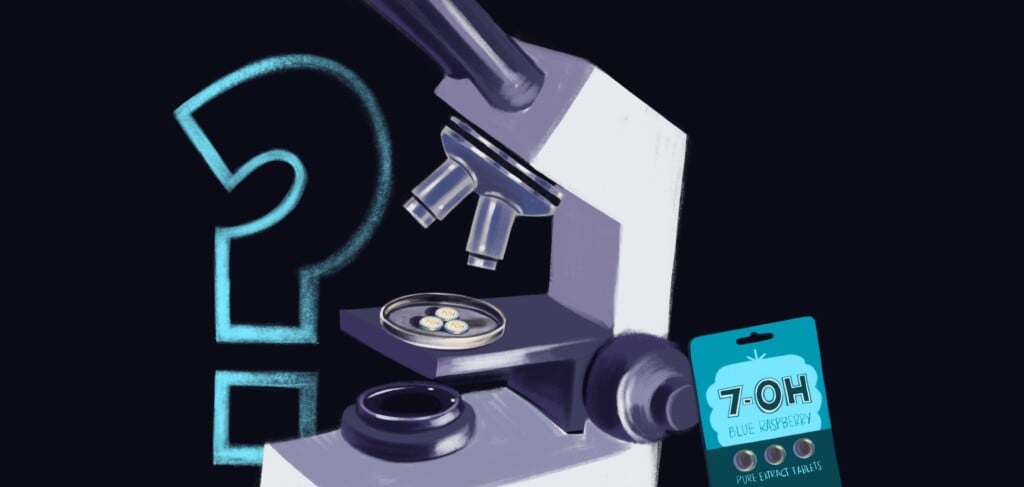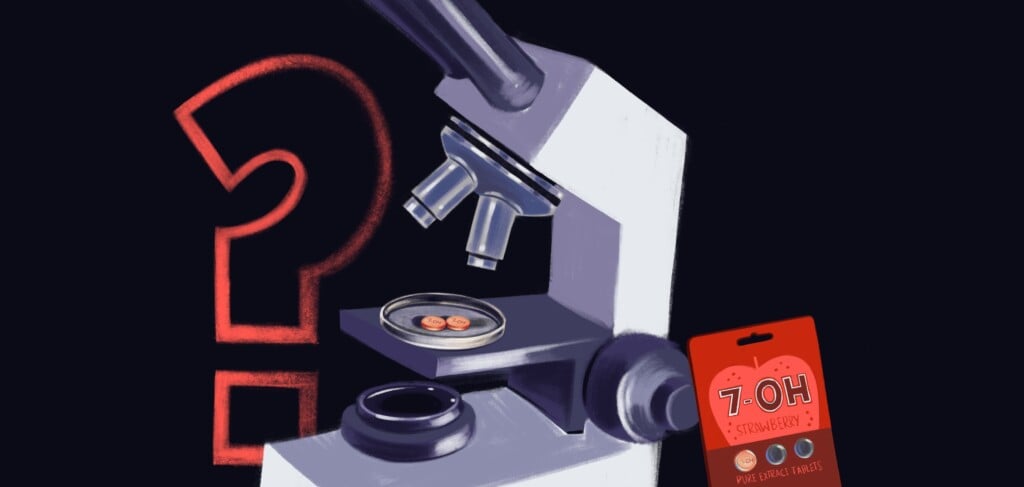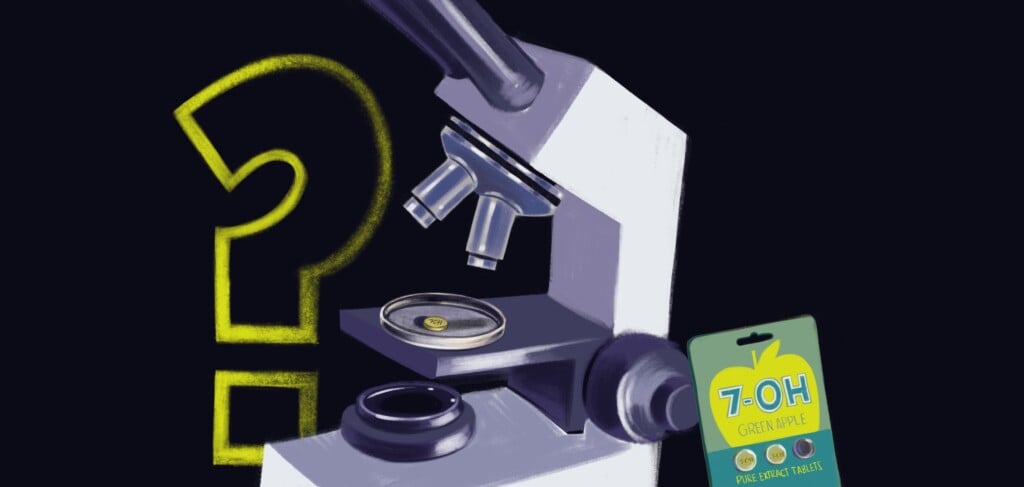Red, White and Blues
Traffic school convenes on a clear, cool Monday evening in an old-folks’ home downtown. The room is grimy white, and Joe looks disgusted. His class is filled with speeders, crashers and license-losers.
“Visit a junkyard sometime,” he says, beginning his sermon on seatbelts. “You’ll notice one thing. No matter how mangled the worst car looks, the seats are intact.” He stops to stare. “If you’re strapped in, you have a chance. So why don’t people strap themselves in? Because no one ever believes anything bad’s gonna happen to them. Every year, 47,000 people leave their houses thinking nothing bad will happen to them. They never come home.”
The next night’s session gets cancelled, because that Tuesday morning, something really bad happens to almost 7,000 people on the East Coast. They never go home.
For the next couple of weeks, Kansas City struggles to absorb this blow to what Joe calls the “psychological immune system.”
Just hours after the New York City buildings fall, cars here line up at gas stations, their drivers afraid that prices might soar. Nobody seems to care that our massive consumption of oil — and the wars we fight to protect that “way of life” — might be one reason terrorists have attacked us.
The next morning, the gay guy next door flies his American flag all by itself. On holidays, he’s always flown his rainbow colors alongside the Stars and Stripes, forcing passersby to acknowledge that gay people love their country, too. Today, however, is no time to be flagging the country’s internal divisions. That same morning, though, one letter writer to The Kansas City Star blames the attack on “George Bush’s failed foreign policy,” while another blames the Clintons. All the talk of everyone coming together, it seems, may be wishful thinking.
Still, Kansas Citians rise. They swamp blood banks, even though the gesture is futile. In the next two weeks, the city raises almost $3 million for victims back east.
Among those doing heroic duty is Jackie White, the Star‘s fashion editor. Having gone to New York to write about Fashion Week, White ends up filing street reports from ground zero. Her descriptive skills are heartbreakingly sharp. “Along streets in Times Square where hundreds of people normally vie for shoulder space, the silence was eerie. And when the wind shifted, the smoke from the fires at the towers was an oppressive reminder of the week’s events,” she writes on September 13. “The constant update on grounded planes and identified terrorists was a strange contrast to the giant billboards advertising Tommy Hilfiger, Mariah Carey, and Liz Claiborne.”
White’s already short-staffed coworkers back home pull long, exhausting days, and the Star‘s coverage feels remarkably informative. But on September 16, the paper prints an American flag for people to hang in their windows. The paper’s action suggests that, whatever may appear on its news or editorial pages, it unequivocally endorses all of the United States government’s actions and encourages everyone else to do so, too.
We’re at war, after all, and it’s no time to be thinking about how the flag might be an international symbol not only of freedom but of arrogance and greed.
Not everyone’s waving the flag, though, or blindly wearing “God Bless the U.S.A.” T-shirts. On September 20, sixty people gather at the Quaker meeting house near Gillham Park. Among them are representatives of the Labor Party, the Greens and the Methodist church. They are heartbroken and don’t want to see any more loss of innocent life. “I have friends who are going to die in this war. I know people who are shipping out tonight,” says a Lee’s Summit high school student.
That same evening, several hundred of the city’s Democratic Party elite are downing cocktails in the Hyatt Regency ballroom, where the Greater Kansas City Women’s Political Caucus is having its high-dollar Torch Dinner fundraiser. George Bush is about to address the nation, and event organizers announce that they tried to get a big-screen TV but found it “cost-prohibitive.” So the party goes on — all in the name of making sure Democrats win in their upcoming elections.
Honorees Jean Carnahan and Karen McCarthy are absent, however. The senator and congresswoman are in Washington, listening to Bush’s speech firsthand. And from the way it looks on C-SPAN, there’s not much difference between Democrats and Republicans. The next day, Carnahan says Americans “must come together and support our President.” She proposes relief for “displaced workers” in the airline bail-out package.
If Vanguard Airlines workers lose their jobs, maybe they can go to Hallmark. The Business Journal reports that card sales are up. A spokeswoman adds that Hallmark has “a couple of lines that, by looking at them, you’d think they were made for this.”
Here’s a sample sentiment: rivers run … the sun shines … sometimes it rains. the world keeps turning … life goes on but not the same … never the same … never again the same … perhaps more precious, now.
That ought to comfort soldiers at Fort Riley and Whiteman Air Force Base, who are getting ready to go kick the asses of thousands of nameless, faceless enemies who live … somewhere.
After the attack, the Star reports that, while some radio stations have decided not to play songs that “might be remotely offensive,” 99.7 KYYS has been “getting requests for Bruce Springsteen’s ‘Born in the USA’ … Listeners want ‘anything with America in the title.'”
But in Springsteen’s furious portrait of an agonized Vietnam vet, America is a place where people are “born down in a dead man’s town,” where they spend half their lives “just covering up,” where they get sent off to foreign lands to kill “the yellow man.” For America’s new foxhole patriots, doesn’t that sound “remotely offensive”?
But maybe the fist-pumpers know exactly what they’re asking to hear. Since Osama bin Laden has reportedly attacked us in retaliation for 1991’s Gulf War, perhaps they want to contemplate Springsteen’s prescient lyrics: Ten years burning down the road, we’ve got nowhere to run, nowhere to go.




